Right Hair removal appliance at home recommended by Dermatologist
Unwanted body hair in women can often lead to discomfort and affect self-confidence, especially when it appears on visible areas like the face, arms, or legs. For many, it feels like it detracts from smooth, feminine beauty standards. This can lead to anxiety in social situations and a constant need for grooming. Thankfully, modern hair removal methods offer effective solutions to help women feel more confident and comfortable in their skin.

Today’s women’s hair removal beauty trends focus on convenience, comfort, and long-lasting results. Popular methods include laser hair removal for permanent reduction, waxing for smooth skin, and epilators for precision. At-home devices and natural sugar waxing are gaining popularity for their cost-effectiveness and ease. Shaving remains a go-to for quick fixes, while hair removal creams offer painless options. Overall, the modern approach blends high-tech solutions with natural, skin-friendly choices tailored to different lifestyles and skin types.

Diode Laser Hair Removal: A Complete Guide
Diode laser hair removal is one of the most advanced and popular methods for long-term hair reduction. It uses targeted laser technology to safely and effectively remove unwanted hair from almost any part of the body. Here’s a detailed breakdown of how it works, its benefits, side effects, and what to expect during treatment.
What is Diode Laser Hair Removal?
Diode laser hair removal involves the use of a diode laser—a specific type of laser with a wavelength typically around 800 to 810 nanometers. This wavelength is ideal for targeting melanin (the pigment) in the hair follicle while minimizing damage to the surrounding skin.
The laser emits a focused beam of light that is absorbed by the pigment in the hair. The heat generated from this light energy damages the hair follicle, inhibiting or delaying future hair growth.
How It Works
- Targeting Melanin: The diode laser focuses on the melanin in the hair shaft and follicle.
- Heat Damage: The absorbed light energy converts to heat, destroying the follicle at the root.
- Growth Delay: Damaged follicles can no longer support hair regrowth or produce only fine, light hair.
- Multiple Sessions: Since hair grows in cycles (anagen, catagen, telogen), multiple treatments are needed to target all hairs effectively during the active (anagen) growth phase.
Advantages of Diode Laser Hair Removal
- Precision: Targets coarse, dark hair without harming surrounding skin.
- Effectiveness: Offers long-lasting hair reduction, especially for people with light to medium skin tones and dark hair.
- Speed: Each pulse of the laser treats many hairs in a fraction of a second.
- Minimal Discomfort: Modern diode laser machines often include cooling systems to reduce pain and skin irritation.
- Safe for Larger Areas: Commonly used on legs, arms, back, chest, and bikini area.
Treatment Areas
Diode lasers can be used on:
- Face (upper lip, chin, cheeks)
- Legs
- Underarms
- Arms
- Bikini line and Brazilian area
- Back and chest (for full-body treatments)
Number of Sessions Needed
Most people require 6 to 8 sessions, spaced 4–6 weeks apart, for optimal results. Maintenance sessions may be needed annually to keep the area hair-free.
Pre-Treatment Preparation
- Avoid sun exposure for at least 2 weeks before treatment.
- Shave the area 24 hours prior (do not wax or pluck).
- Avoid using skincare products like retinoids or acids before your session.
- Inform your provider about any medications or skin conditions.
Aftercare and Side Effects
Common side effects include:
- Mild redness or swelling (usually resolves within a few hours)
- Tingling or slight discomfort
Aftercare tips:
- Avoid hot showers and heavy workouts for 24–48 hours post-treatment.
- Stay out of the sun and use a broad-spectrum SPF on treated areas.
- Do not wax or pluck hairs between treatments (shaving is allowed).
Here’s a focused comparison between laser hair removal devices (like diode, Alexandrite, or Nd:YAG lasers) and IPL (Intense Pulsed Light) devices, highlighting their key differences, advantages, and disadvantages:
Comparison Focus: Laser Devices vs. IPL Hair Removal Devices
| Feature | Laser Devices (Diode, Alexandrite, Nd:YAG) | IPL (Intense Pulsed Light) |
| Technology | Single wavelength laser targeted at melanin in hair follicles | Broad-spectrum visible light |
| Light Source | Monochromatic (single wavelength) | Polychromatic (many wavelengths) |
| Precision | Highly focused – targets hair follicles more precisely | Less targeted – may affect surrounding skin |
| Skin & Hair Type Suitability | More adaptable; Diode and Nd:YAG are safer for darker skin tones | Best for light skin with dark hair; less effective for dark skin or light hair |
| Effectiveness | Faster and longer-lasting results; fewer sessions needed | Slower results; may require more sessions |
| Pain Level | Slightly more intense; deeper lasers may cause more sensation | Mild discomfort – feels like a rubber band snap |
| Safety | Higher power; typically administered by professionals | Lower power output; safe for home use |
| Cost | Higher cost – mostly used in clinical or professional settings | More affordable, especially for at-home use |
| Treatment Speed | Smaller spot size; slower process, but more accurate | Covers larger area per flash; ideal for treating big zones quickly |
| Side Effects | Higher risk of burns, blisters, or pigmentation if mishandled | Mild redness or temporary irritation |
| Longevity of Results | Potentially permanent hair reduction; fewer touch-ups needed | Semi-permanent; requires regular maintenance sessions |
Advantages of Laser Hair Removal Devices
- More precise and effective on all hair types.
- Fewer sessions needed for long-term results.
- Customizable based on skin and hair type (e.g., diode for medium skin, Nd:YAG for dark skin).
Disadvantages of Laser Devices
- Expensive, especially at professional clinics.
- Higher risk of side effects if not used properly.
- Slightly more painful due to concentrated energy.
Diode Laser vs. Other Laser Types
| Laser Type | Best For | Wavelength | Skin Types |
| Diode Laser | Coarse, dark hair | 800–810 nm | I to IV |
| Alexandrite Laser | Light skin tones | 755 nm | I to III |
| Nd:YAG Laser | Darker skin tones | 1064 nm | IV to VI |
Is Diode Laser Hair Removal Safe?
Yes, when performed by a trained technician using FDA-approved equipment, diode laser hair removal is generally safe. However, results and risk factors can vary based on skin tone, hair color, and individual sensitivity.
Who is an Ideal Candidate?
- Individuals with light to medium skin tones
- People with dark, coarse hair
- Those seeking long-term hair reduction
- Not ideal for people with white hair, as there’s not enough pigment for the laser to target
ViQure EpiPro
The ViQure EpiPro is a professional-grade, at-home laser hair removal device that utilizes an 808nm diode laser—widely regarded as the gold standard in laser hair removal technology. This wavelength effectively targets melanin in hair follicles, making it suitable for a broad range of skin tones and hair types.

Exclusive discount code: GRACES15 (for 15% off)


Key Features
- 808nm Diode Laser Technology: Offers deep penetration to target hair follicles efficiently, providing long-lasting hair reduction.
- Large Spot Size (12mm x 14mm): Allows for faster treatment sessions by covering more skin area per pulse.
- Thermoelectric Cooling (TEC): Maintains a cool surface during treatment, enhancing comfort and reducing the risk of skin irritation.
- Dual Functionality: In addition to hair removal, the device offers a skin rejuvenation mode to improve skin tone and texture.
- High Pulse Count: Capable of delivering up to 5,000,000 laser pulses, ensuring longevity and cost-effectiveness over time.
Pros
- Suitable for All Skin Types: Effective on a wide range of skin tones, including darker complexions, and various hair colors.
- User-Friendly Interface: Features a 3.5-inch LCD touchscreen for easy operation and customization of treatment settings.
- Cost-Effective: Offers a more affordable alternative to salon treatments, with the convenience of at-home use.
Recommended by Dermatologist
” This device allows you to safely remove unwanted hair in your homes. It’s a small device that you can carry and you don’t have to sit in the waiting area or buy packages like in the salon. It’s very straightforward and simple. I’ve tried it and I liked it. ”

Dr. Eyal K. Levit – A board-certified dermatologist – MD, FAAD, FACMS
Assoc. Clinical Professor of Dermatology at Columbia Presbyterian Hospital
Director Cosmetic Surgery Fellowship
The ViQure EpiPro – your perfect two-in-one combo. The device uses 808nm diode laser technology, which is known as the gold standard for permanent hair removal with optimal results. It features two main functions: hair removal and skin rejuvenation. Hair removal is intended for permanent unwanted hair removal on all body parts with no pain. Skin rejuvenation improves skin tone, tightens skin, and treats acne.
Considerations
- Initial Investment: The upfront cost is higher compared to some other at-home devices, which may be a consideration for budget-conscious users. Suitable for those who seek for long-term results.
- Requires Consistent Use: 1 treatment per month.
Where it can be used:

| Contents | Quantity |
| Main device+Handle | 1 |
| User manual | 1 |
| Power cable | 1 |
| Therapy glasses | 1 |
| Goggle | 1 |
| Fuse | 1 |
Usage Recommendations
- Pre-Treatment: Shave the area to be treated 24 hours prior to using the device. Avoid waxing or plucking, as the laser targets hair roots.
- During Treatment: Apply a thin layer of conductive gel to the skin to enhance laser efficacy and comfort.
- Post-Treatment: Avoid sun exposure and apply sunscreen to protect treated areas. Refrain from using harsh skincare products immediately after treatment.
Cost of the equipment – $1149/-
Conclusion
The ViQure EpiPro stands out as a versatile and effective solution for at-home laser hair removal, combining professional-grade technology with user-friendly features. Its dual functionality for hair removal and skin rejuvenation adds value for users seeking comprehensive skincare solutions.…


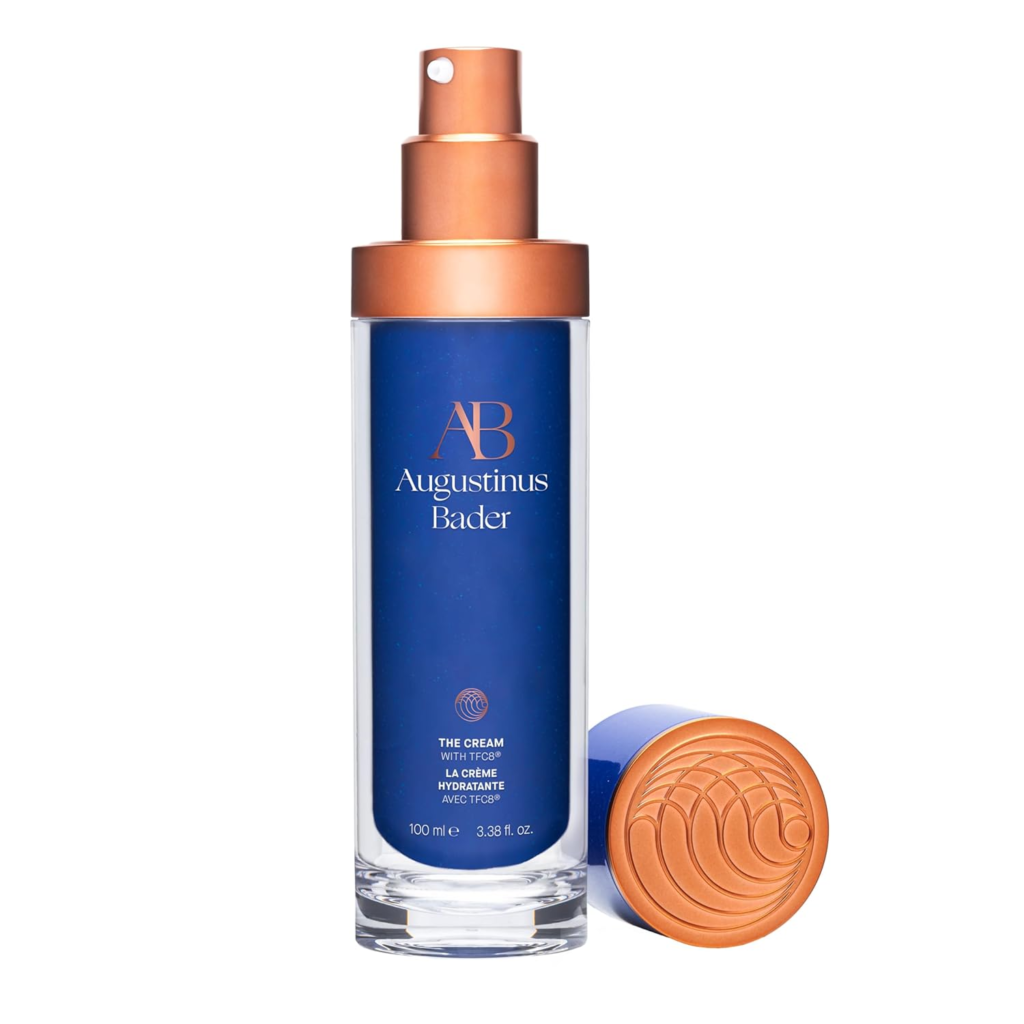
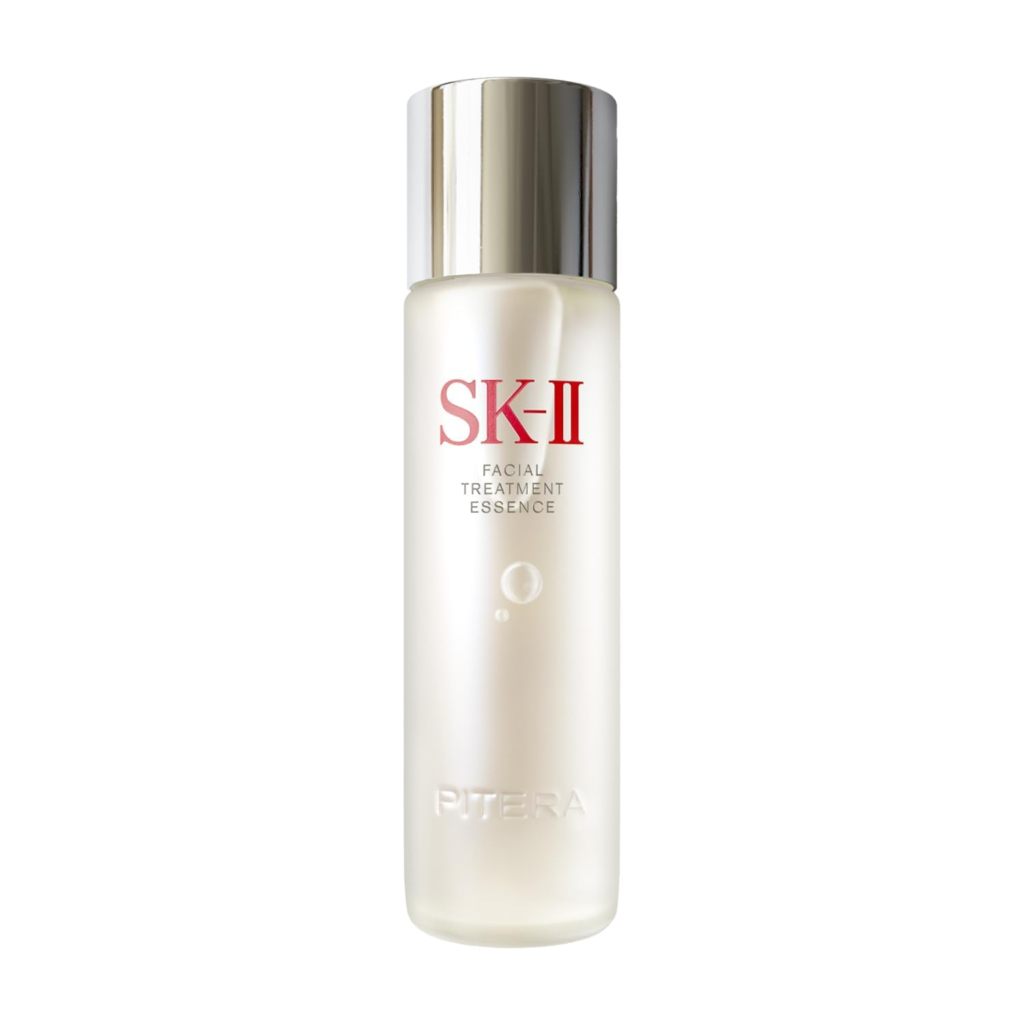












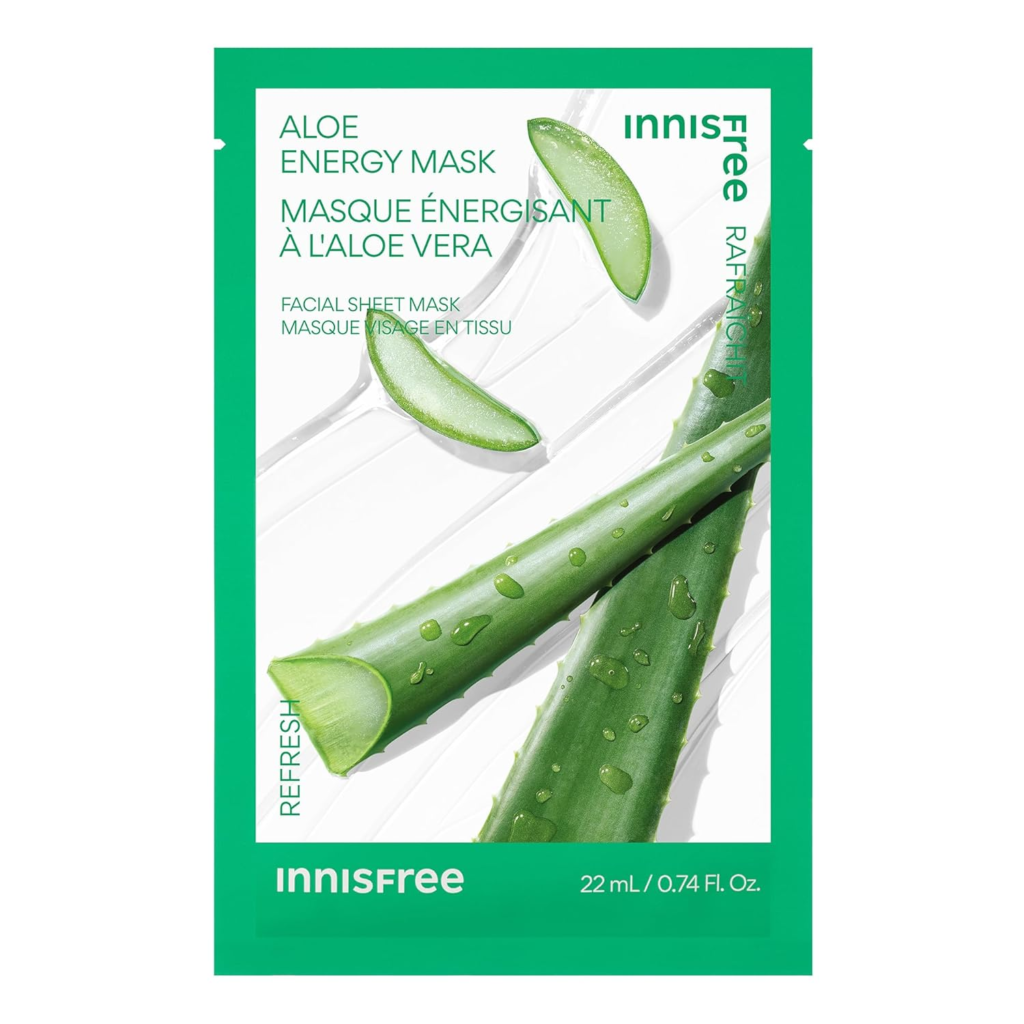

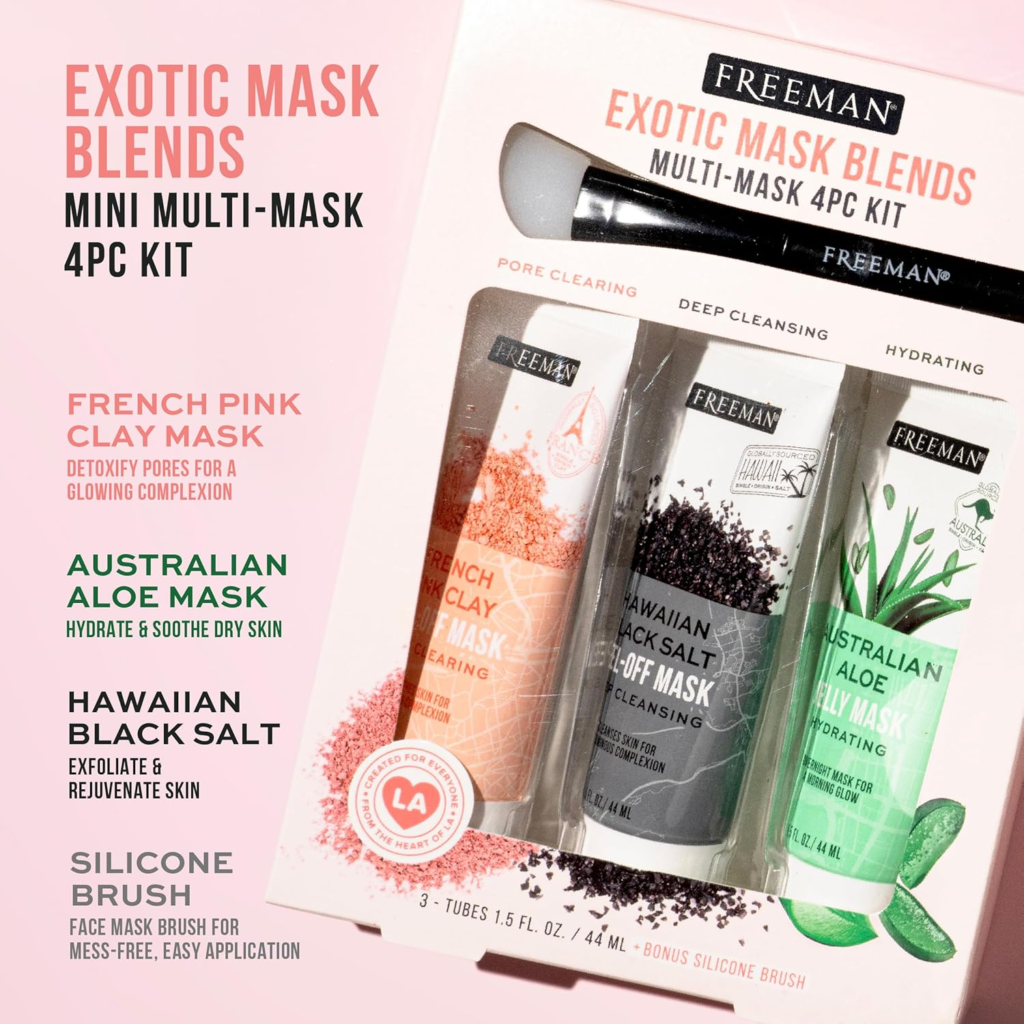

















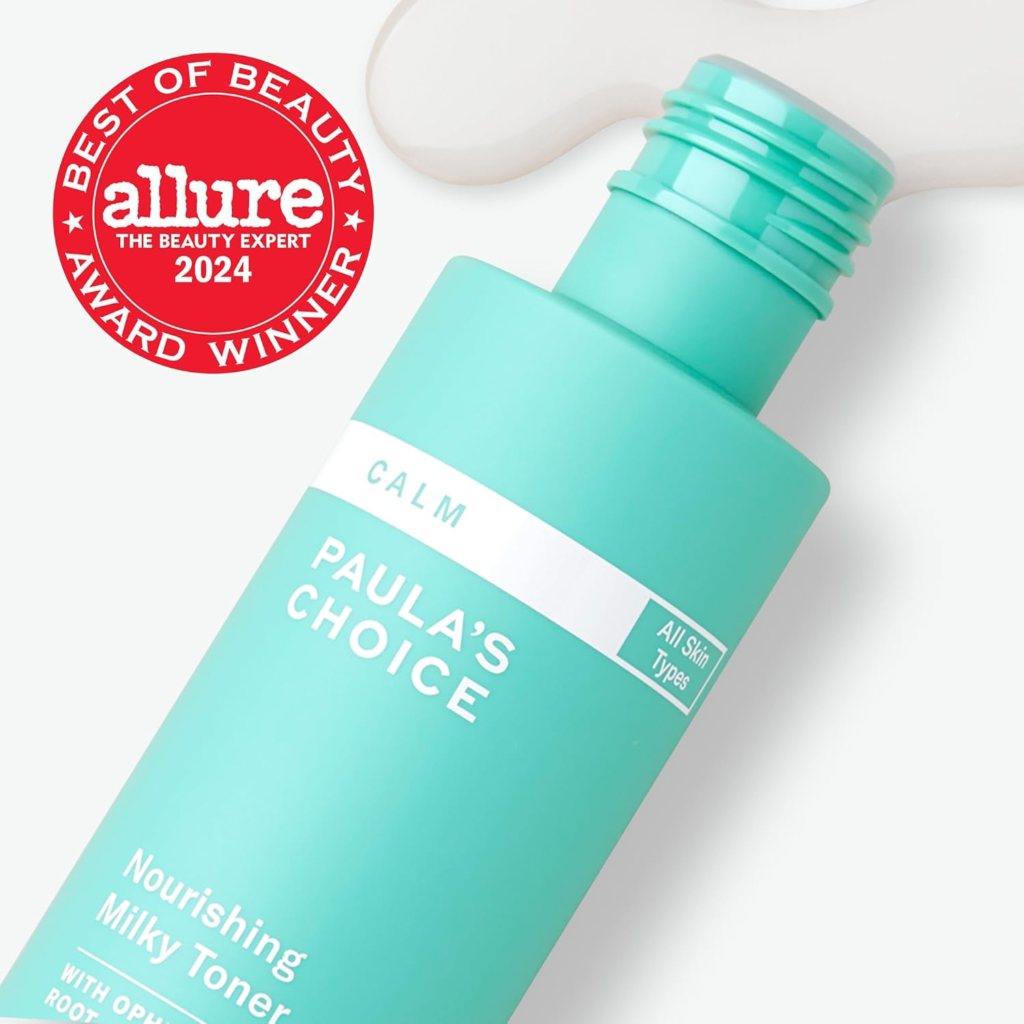




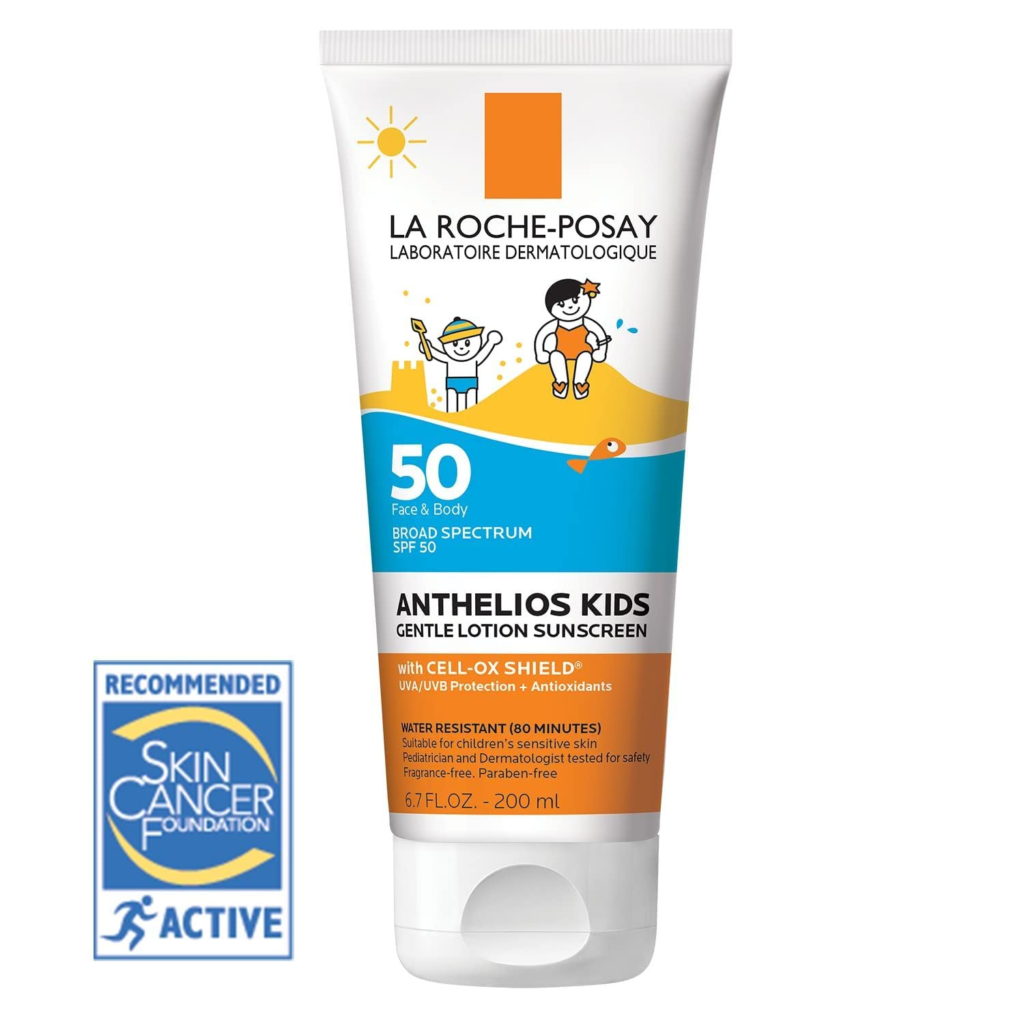










 Wear shoes that fit well and provide support.
Wear shoes that fit well and provide support.  Avoid synthetic, non-breathable materials that can cause excessive sweating.
Avoid synthetic, non-breathable materials that can cause excessive sweating.



















